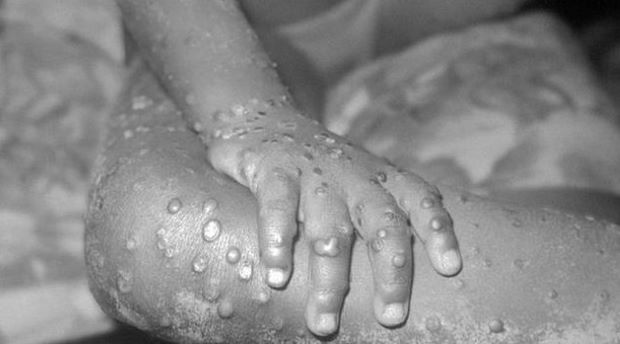US declares monkeypox a public health emergency
By Apoorva Mandavilli and Sheryl Gay Stolberg
WASHINGTON – As monkeypox continues to surge in the United States, the Biden administration on Thursday (4) declared a public health emergency, a move expected to free up additional funding and tools to fight the disease.
The declaration would signal the outbreak now represents a significant threat to Americans and set in motion a variety of measures devised to turn the tide. It would give federal agencies the power to expedite vaccines and drugs, to access emergency funding and to hire additional workers to help manage the outbreak, which began in May.
The World Health Organization (WHO) declared a global health emergency over the outbreak on July 23.
Supplies of the monkeypox vaccine, called Jynneos, have been severely constrained, and the administration has been sharply criticized for moving too slowly to expand the number of doses. Declaring the emergency would not ease that shortage, but it may allow quicker access to tecovirimat, the drug recommended for treating the disease.
As of Wednesday (3), the United States had recorded nearly 7,000 monkeypox cases, with the highest rates per capita in Washington, New York and Georgia. More than 99% of the cases are among men who have sex with men.
The virus is transmitted mostly during close physical contact; the infection is rarely fatal — no deaths have been reported here — but can be very painful. The United States has among the highest rates in the world, and the number is expected to rise as surveillance and testing improve.
Declaring monkeypox an emergency sends “a strong message that this is important, that it must be dealt with now,” said Anne Rimoin, an epidemiologist at the University of California, Los Angeles, and a member of the WHO’s advisory panel on monkeypox.
The emergency designation would allow the FDA to authorize measures that can diagnose, prevent or treat monkeypox, without having to go through the agency’s usual exhaustive review.
Declaring an emergency also gives the Centres for Disease Control and Prevention more access to information from health care providers and from states.
-New York Times



Comments are closed, but trackbacks and pingbacks are open.